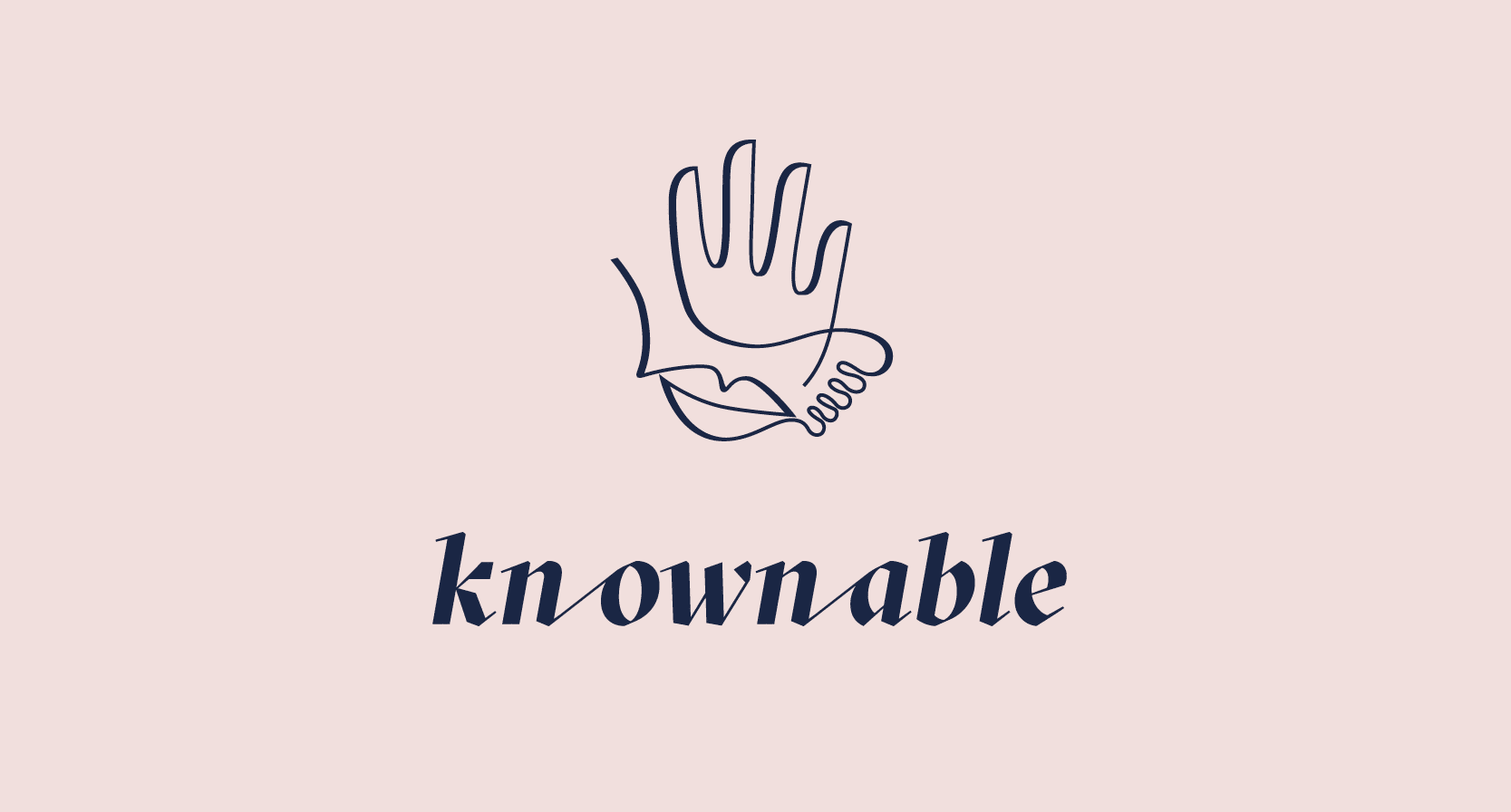
 © DGA Agency and MPIWG, 2023.
© DGA Agency and MPIWG, 2023.How is Knowledge owned? Thinking Beyond Intellectual Property
A framework for knowledge ownership that challenges the mechanisms of inequality in modern society.
Researchers in science and law have come to emphasize knowledge as the sum of human understanding and the many forms (words, materials, and practices) it can take. They have also shed light on its ownership as possession by law, as well as in acts of social sharing. Yet by separating knowing (in words, as “science”) and owning knowledge (as property by “law”) as a universally valid regime of owning knowledge they—knowingly or not—participate in producing inequity of knowledge ownership.
In this talk, we will introduce the word “kn/own/able” to signal how knowledge and its ownership always exist together. That is, when we attempt to define what can be known, we manipulate as a result what can be owned (and vice versa). Using the case of color and dyeing on cotton in South India, we will present knowledge ownership as a complex process in which the first moment of having knowledge intrinsically means owning it; and in which ownership comprises enactments of possession that include, from the first grasp of understanding, all kinds of dispossession. Such dispossession may include ignorance by law, social silencing, outright denunciation, or nonactions such as the acceptance of the decay of material objects. Inviting the audience to think beyond intellectual property as the way in which we own knowledge, the question “How is knowledge owned?” becomes the basis for radically rethinking the foundations of our efforts to democratise knowledge and its ownership.
Annapurna Mamidipudi
Max Planck Institute for the History of Science
Dagmar Schäfer
Max Planck Institute for the History of Science
